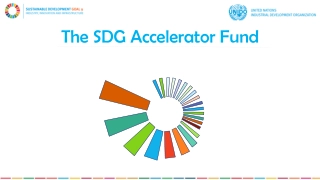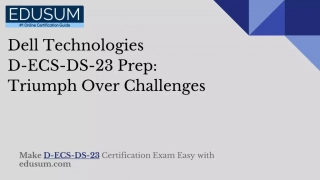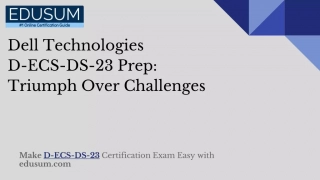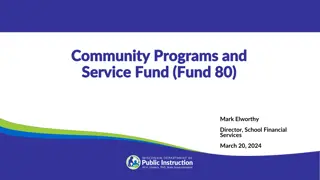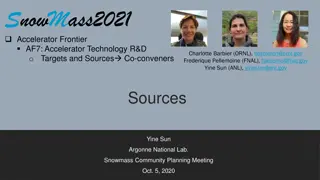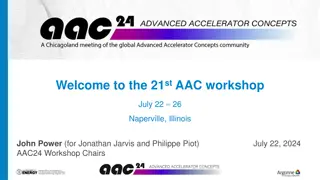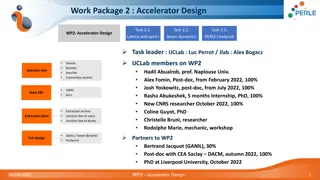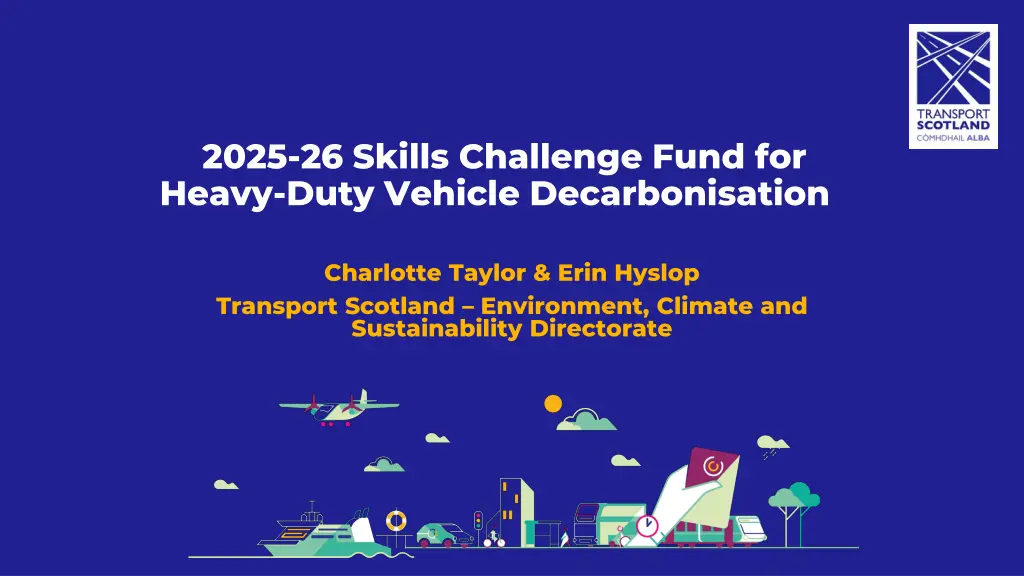
Skills Challenge Fund for Heavy-Duty Vehicle Decarbonisation 2025-26 Overview
Discover the 2025-26 Skills Challenge Fund aiming to decarbonize heavy-duty vehicles, support workforce diversity, and address skills gaps in the sector. Explore the Draft Transport Just Transition Plan, key messages for workers and businesses, and initiatives for a fair transition to a net-zero and climate-resilient economy in Scotland's transport sector.
Download Presentation

Please find below an Image/Link to download the presentation.
The content on the website is provided AS IS for your information and personal use only. It may not be sold, licensed, or shared on other websites without obtaining consent from the author. If you encounter any issues during the download, it is possible that the publisher has removed the file from their server.
You are allowed to download the files provided on this website for personal or commercial use, subject to the condition that they are used lawfully. All files are the property of their respective owners.
The content on the website is provided AS IS for your information and personal use only. It may not be sold, licensed, or shared on other websites without obtaining consent from the author.
E N D
Presentation Transcript
2025-26 Skills Challenge Fund for Heavy-Duty Vehicle Decarbonisation Charlotte Taylor & Erin Hyslop Transport Scotland Environment, Climate and Sustainability Directorate
Skills Challenge Fund for HDV decarbonisation In response to the challenges and opportunities highlighted in the Draft Transport Just Transition Plan and initial engagement with key stakeholders, Transport Scotland is launching a new fund to support skills for heavy-duty vehicle Decarbonisation in 2025-26. Address a lack of accessible, joined-up information for individuals and employers on the skills, training routes and career opportunities available in the HDV sector. Share knowledge on training and career opportunities Address challenges in recruiting and retaining a diverse workforce, with underrepresentation across gender, ethnicity and other protected characteristics. Support greater diversity in the workforce 400,000 ZE HDV Skills Challenge Fund Address a need for stronger private sector involvement in building college resources and training programmes and/or stimulating the uptake of training in ZE HDV repair and maintenance among small- medium enterprises. Generate private sector investment in skills development 2
A Just Transition for Transport Just Transition is how we get to net zero and a climate resilient economy in a way that is fair, tackles inequality and doesn't leave anyone behind. The Draft Transport Just Transition Plan identifies the key challenges and opportunities that the transport sector faces in making a just transition to net zero. 3
Draft Transport Just Transition Plan Key Messages for Workers Reassures that no major sector wide job losses are expected, although job mix will change. The transport transition is an opportunity to address workforce and skills challenges, notably the need for upskilling and to improve diversity. Immediate skills needs are in road transport sector, with other sectors to follow as decarbonisation pathways become clearer. Key Statistics Actions: 127k workers in sector (5% of workforce) Energy Skills Partnership funding: College sector agency supporting skills provision. Stable little growth expected overall, but significant replacement demand National Skills Planning work. Includes supporting more girls into STEM subjects and apprenticeship review. Diversity: Gender imbalance (81% male) Reskilling challenge: In short term dominated by road sector: 64k (cars/van), 80k (HDVs) (compared to 14k in aviation and 10k in ports & maritime). Working with Industry - ZETT pathway, and on diversity and regional issues 4
Draft Transport Just Transition Plan Key Messages for Businesses Helping businesses in the transition to both address financing challenges (such as for fleet transition or EV charging infrastructure) in a fair way and to take advantage of the economic opportunities (including HDV manufacture, charge point installation and potentially SAF). Businesses in Scotland need to be aware of and to get involved in UKG initiatives to support businesses in Transport Sector Actions Challenges and Opportunities Ongoing, targeted direct support Low Carbon Transport Loan, EVIF Over 20,000 businesses in transport sector (2021) Challenges: Cost of fleet transition Alternative financing approaches ScotZEB, Financing Forum Opportunities: Decarbonisation of HDVs, Sustainable Aviation Fuel, Charging and refuelling infrastructure Infrastructure HGV charge point mapping, DNO Engagement Industry Engagement ZETT, SAF working Group 5
Engagement to date This engagement has focused on Road Transport, particularly the Heavy-Duty Vehicle sector, because: Road accounts for 75% of transport emissions It employs 65% of the transport sector workforce An estimated 67k people will require some form of training to support the adoption of zero emission cars/vans, that figure increases to 94k for heavy-duty vehicles* Heavy vehicles are further behind in the transition than cars/vans and will need to accelerate There is economic opportunity for Scotland in the decarbonisation of HDVs which government, industry and the skills sector need to prepare to take advantage of TS and EST held two Skills & Diversity Workshops for the HDV sector (in September 2024 and February 2025) to identify specific challenges and generate a list of actions for government and industry to take forward. *Includes workers in adjacent sectors (e.g. emergency responders); the same worker could be reflected in the figure for both light and heavy vehicles. 6
Workshop Output: Actions for 2025/26 Transport Scotland has moved to take forward the following actions generated from the workshops: 1. Produce a Skills Routemap forecasting the training requirements up to 2045 (what skills will be needed when), to help business and the skills sector plan. 2. Build college capacity and capability in skills for zero emission HDV's by training college lecturers and providing essential training equipment to support delivery to industry. 3. Convene a skills forum for the sector (currently under development). We're launching a fund to support othersto take forward actions under the following broad themes: 1. Sharing knowledge on training and career opportunities: Address the lack of accessible, joined-up information for individuals and employers on the skills, training routes and career opportunities available in the HDV sector. 2. Supporting greater diversity in the workforce: Address challenges faced by the sector in recruiting and retaining a diverse workforce, with underrepresentation across gender, ethnicity and other protected characteristics. 3. Generating private sector investment in skills development: Address a need for stronger private sector involvement in building college resources and training programmes and/or stimulating the uptake of training in ZE HDV repair and maintenance, with a focus on small-medium enterprises. 7
Transport Scotland are inviting applications for funding (up to 100,000) between 11 June and 9 July 2025. If you would like to discuss your proposal before submitting an application, please email: erin.hyslop@transport.gov.scot charlotte.taylor@transport.gov.scot 8

